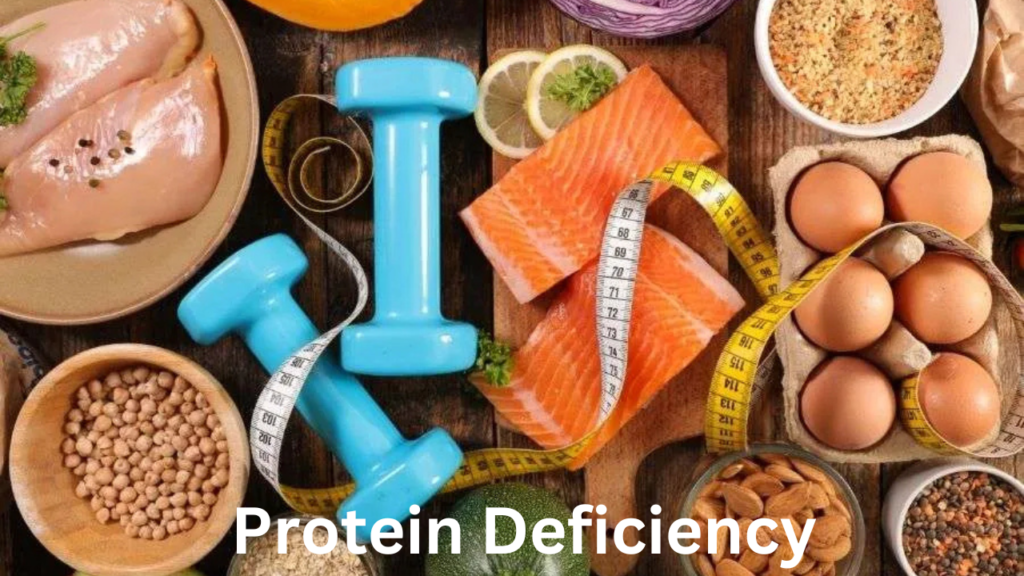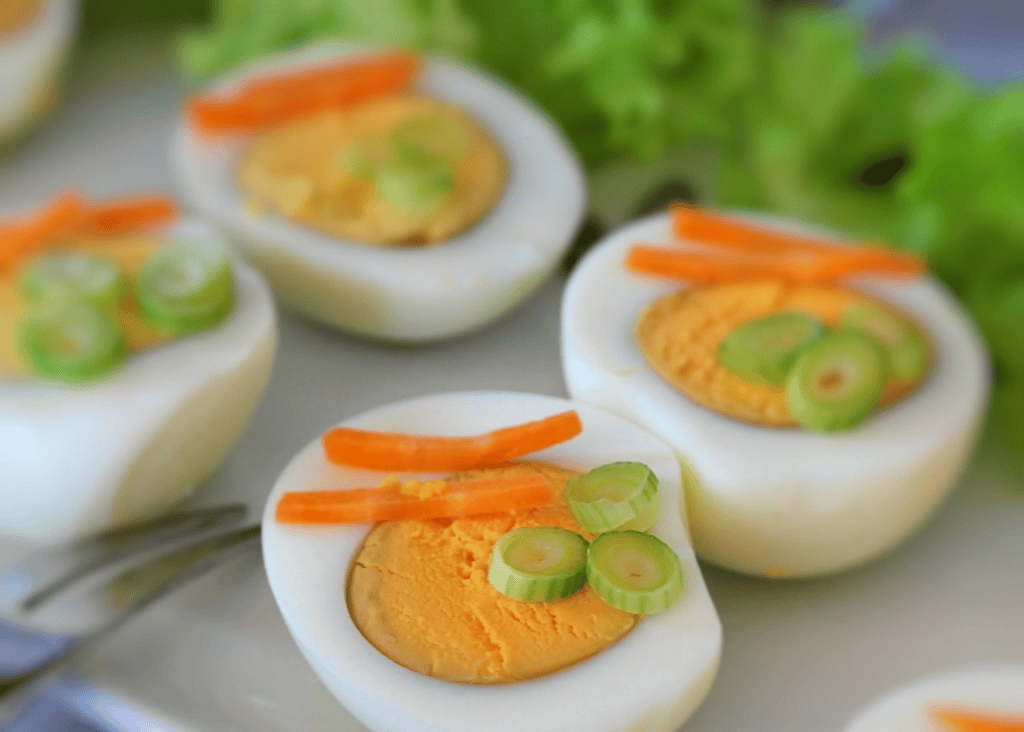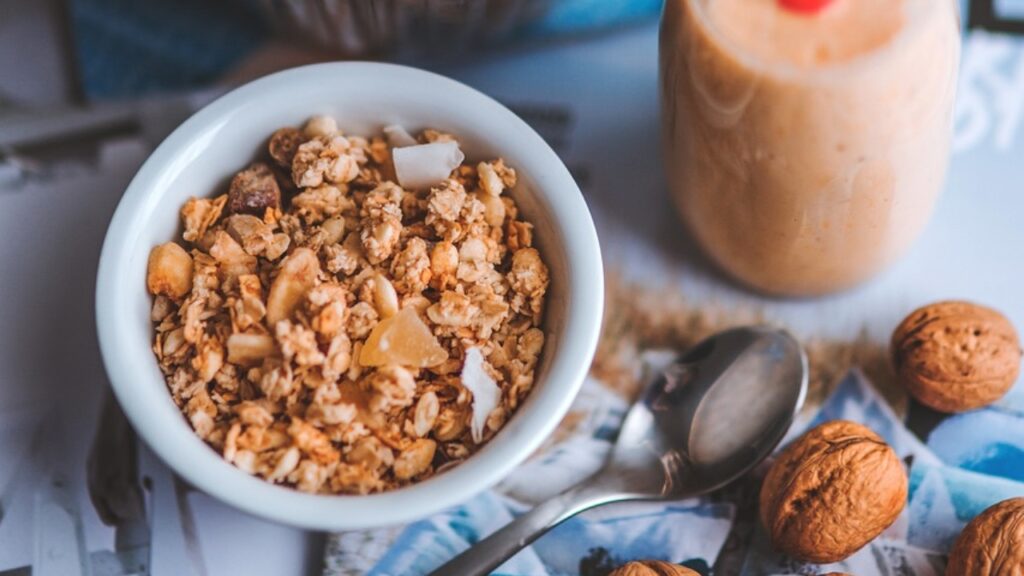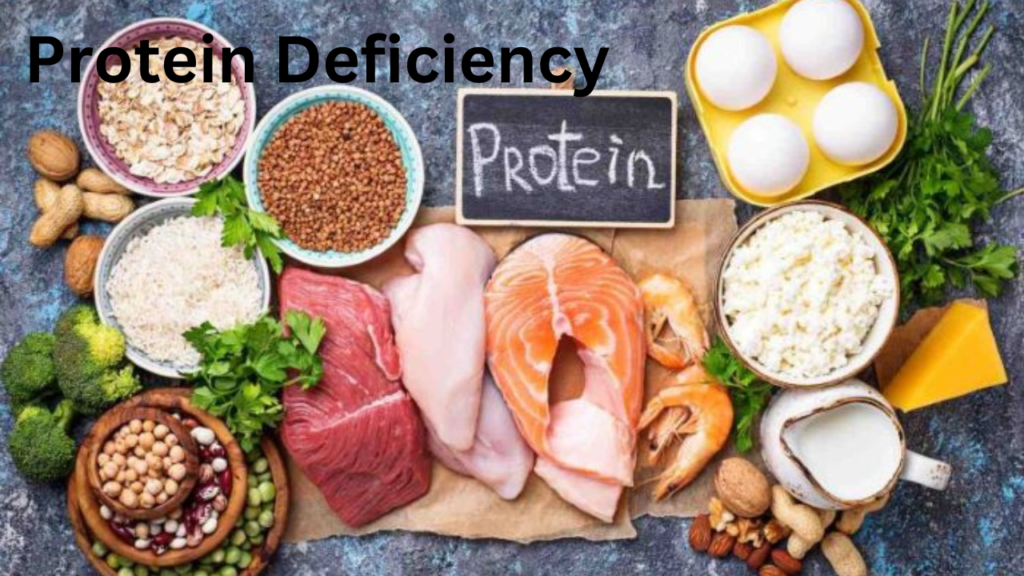Health
Protein is one of the most essential nutrients for the human body. It plays a critical role in building muscles, repairing tissues, producing enzymes and hormones, and supporting overall health. Yet, many people especially in vegetarian or low-meat diets may not get enough protein, leading to fatigue, muscle loss, slow wound healing, hair fall, and a weakened immune system.
Protein is one of the most vital building blocks of our body, yet many people don’t realize when they’re not getting enough. From constant fatigue to hair thinning and slow recovery after workouts or illness, protein deficiency can quietly affect your health. The good news? You don’t always need supplements to fix it. With the right food choices, you can easily meet your daily protein needs. In this article, we’ll explore simple, natural foods that can help you overcome protein deficiency and feel stronger from within.
If you’re facing signs of protein deficiency, here’s a list of protein rich foods you should include in your daily diet.

1. Pulses and Legumes
Lentils (masoor dal), chickpeas, kidney beans (rajma), and black-eyed peas are excellent vegetarian sources of protein. Just one cup of cooked lentils provides about 18 grams of protein.
2. Milk and Dairy Products
Milk, curd (yogurt), paneer (cottage cheese), and cheese are not only rich in protein but also provide calcium. Greek yogurt, in particular, has almost double the protein content compared to regular yogurt.

3. Eggs
Eggs are a complete protein source, meaning they contain all nine essential amino acids. One large egg contains about 6 grams of high-quality protein. They are also affordable and versatile.
4. Soy Products
Soybeans, tofu, soy milk, and tempeh are plant-based protein champions. 100 grams of tofu can provide 8-10 grams of protein, making it a great meat substitute for vegetarians.
5. Nuts and Seeds
Almonds, peanuts, walnuts, chia seeds, flaxseeds, and sunflower seeds are not just rich in protein but also healthy fats. Add a handful to your snacks or sprinkle seeds on your salad or yogurt.
6. Whole Grains
Quinoa, oats, brown rice, and whole wheat have more protein than refined grains. Quinoa is particularly special because it’s a complete protein—rare among grains.

7. Chicken and Fish
For non-vegetarians, lean meats like chicken breast and fatty fish like salmon and tuna are excellent sources of high-quality protein. 100 grams of cooked chicken breast has over 30 grams of protein.
8. Protein-Rich Snacks
Consider roasted chickpeas, protein bars, or protein shakes (whey or plant-based) if you’re short on time or need post-workout recovery.
To avoid protein deficiency, try to include a protein-rich food in every meal. For vegetarians, combining different plant proteins (like dal with rice or hummus with whole wheat bread) helps ensure you get all essential amino acids.
If you suspect a serious deficiency, consult a doctor or nutritionist for personalized advice or supplementation.





